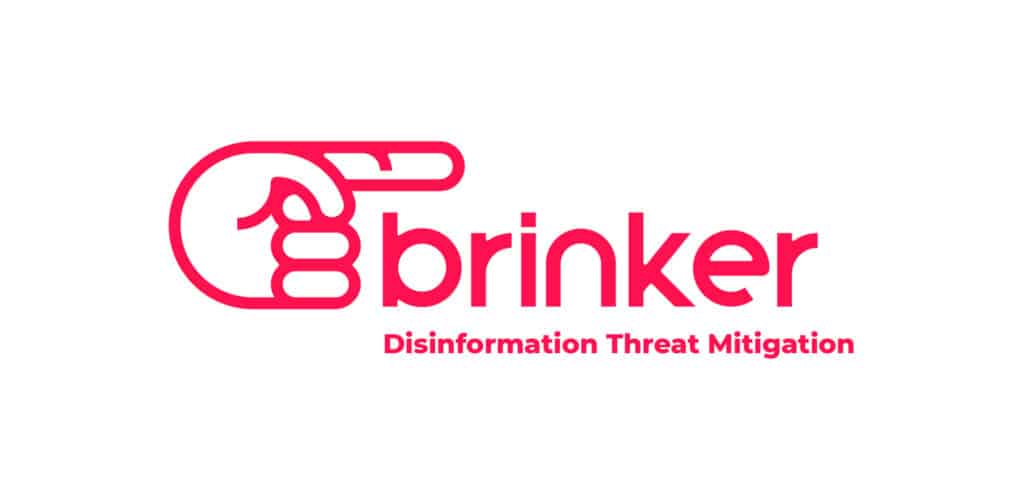One of the lessons we’ve learned in recent years is that online attacks can come from anywhere. Viruses and spyware were more common to pornography and pirate download web sites five years ago. Today, even the most reputable web sites might be the source of online mayhem. In fact, so-called “watering hole” attacks that exploit legitimate web sites and use them as honey pots to lure the intended victims are all the rage among sophisticated attackers. (For evidence of this, see our recent story on the compromise at the web site of The National Journal, a publication for Beltway policy wonks.) But the Internet still has its dark alleys and bad neighborhoods. And they’re still the source of a lot of malicious activity – especially in connection to run of the mill crimes like spam and phishing attacks. That’s the conclusion of research done by students at the University of Twente’s […]
Recent Posts
D.C. Insider Site NationalJournal.com Serving Malware
Watering hole -style attacks are all the rage these days, as our recent coverage on the attacks against Facebook and Twitter suggest. That makes us look askance at any report of a web site compromise – especially at a site that’s known to serve an audience that’s of interest to sophisticated, nation-state backed hacking crews. That’s why it caught our attention this week that the web site for the DC-insider magazine The National Journal (nationaljournal.com) was found serving malware. According to a blog post by Anup Ghosh at the security firm Invincea, The National Journal’s Web site was serving up attacks to visitors of the site on Tuesday. The discovery was surprising, as the magazine acknowledged an earlier compromise on February 28th and said that it had since secured its site. That National Journal, part of The Atlantic Media Company, is widely read within Washington D.C.’s political circles. It […]
The End Of Privacy: Facebook ‘Likes’ Reveal Sensitive Personal Data
We all know that, to online marketers, we’re just the sum of our Facebook Wall posts and “Likes” – the ubiquitous, virtual “thumbs up” that we attach to all manner of online ephemera. But all those ironic comments and votes of approval may be revealing a lot more about us than we’re willing to share, according to a new report from researchers at the University of Cambridge and Microsoft Research in the UK. In a paper published in the Proceedings of the National Academy of Science (PNAS), the researchers demonstrated that it is possible to use knowledge of an individual user’s “Likes” on Facebook to “automatically and accurately predict a range of highly sensitive personal attributes including: your age, and gender, you sexual orientation, ethnicity, religious and political views. The list of guessabl`e information goes on to include other less quantifiable characteristics like your personality traits, intelligence, happiness, your preference (or not) […]
Many Watering Holes, Targets In Hacks That Netted Facebook, Twitter and Apple
The attacks that compromised computer systems at Facebook, Twitter, Apple Corp. and Microsoft were part of a wide-ranging operation that relied on many “watering hole” web sites that attracted employees from prominent firms across the U.S., The Security Ledger has learned. The assailants responsible for the cyber attacks used at least two mobile application development sites as watering holes in addition to the one web site that has been disclosed: iPhoneDevSDK.com. Still other watering hole web sites used in the attack weren’t specific to mobile application developers – or even to software development. Still, they served almost identical attacks to employees of a wide range of target firms, across industries, including prominent auto manufacturers, U.S. government agencies and even a leading candy maker, according to sources with knowledge of the operation. More than a month after the attacks came to light, many details remain under tight wraps. Contacted by The Security […]
With $Pi Million At Stake, Chrome Withstands Hacker Assault
With $3.14159 million in prize money at stake, Google’s Chrome OS has withstood attempts to hack it in the company’s semi-annual Pwnium contest in Vancouver, a Google spokeswoman told The Security Ledger. In a statement Thursday, Google spokeswoman Jessica Kositz said that the company did not receive any winning entries during the day-long contest, but that the company is evaluating work that may qualify for a partial prize: a potentially infinite series of Google Wallet transfers in the amounts: $1 followed by $.50 followed by $.25 followed by $.125 and so on. OK – We made that last part up. Pwnium runs alongside the better known pwn2own contest at CanSecWest. This year, Google is providing funding for both contests. However, in 2012 the company pulled its support for pwn2own, objecting to the lack of a requirement of “responsible disclosure” – in which entrants must disclose the details of their exploits to the […]





